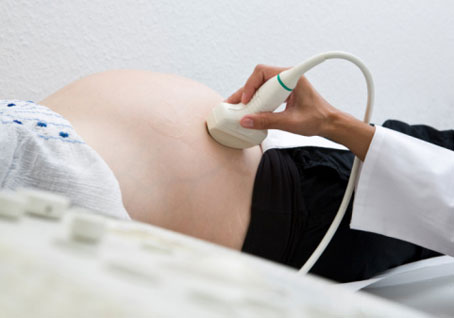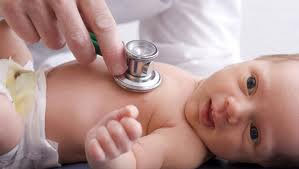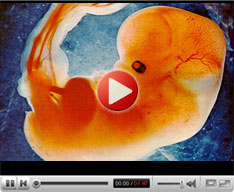
Know Infertitlity
Infertility treatments
Diagnosing InfertilityMale:
Obstetrics and Gynaecology
Infertility Treatment Services
Andrology |
Antenatal Check upsYou should visit the doctor as soon as you suspect you're pregnant. The first visit includes blood tests, physical check up and calculation of the birth date along with other tests such as breast examination to monitor to womb, breast test and a cervical test coupled with a pap exam. You will be questioned on your menstrual history, previous pregnancies and diseases or genetic disorders that might run in either family. He will also advise you to lay off certain habits that might pose a risk to the baby such as smoking, consuming alcohol or intake of drugs. He/ she will also give you various tips regarding physical activity, healthy eating, kind of screening test you may have to undergo and what you should expect during labor and delivery. Studiesreveal that pregnant women who regularly go for prenatal checkups end up with healthier pregnancies and babies.  Your doctor will take your urine sample to ensure that sugar and protein levels are appropriate at every checkup. He/ she will also chart your weight gain, measure the size of your uterus, check your blood pressure, examine your hands and feet for swelling and check the baby's heartbeat. It is very important to for you to have regular checkups during pregnancy. These help the doctor in detecting problems early on and in turn prescribe necessary treatment and medication in advance to prevent them. A pregnancy normally lasts for about 40 weeks which is divided into three trimesters. You should ideally visit the doctor once a month during the first and second trimesters. Starting at about 28 weeks, you should go every two weeks, and then weekly from 36 weeks until you deliver. Tests in the first and second trimester can show if your baby has a birth defect. Women who are at a higher risk of complications owing to various factors such as being over the age of 35, have a higher risk of birth defects or have diseaselike gestational diabetes might be advised to visit the doctor more frequently. Postnatal Check upsYour postnatal check is important as it gives your family doctor the chance to ensure everything is fine with your baby and you. Since this check up is normally carried out six to eight weeks after the baby's birth, it is also referred to as the six-week check.  6-Week checks for the MotherYour doctor will recommend a complete physical exam; check your weight, blood pressure and how you are holding uppost child birth. One important aspect of this check-up is to make sure there is no swelling, unusual redness or fluid oozing from any incisions whether it's from the caesarian, episiotomy or any perineum tears. Other tests include:
Check up for the baby
|
Our TeamNews & EventsClinic LocationVideo Gallery |















